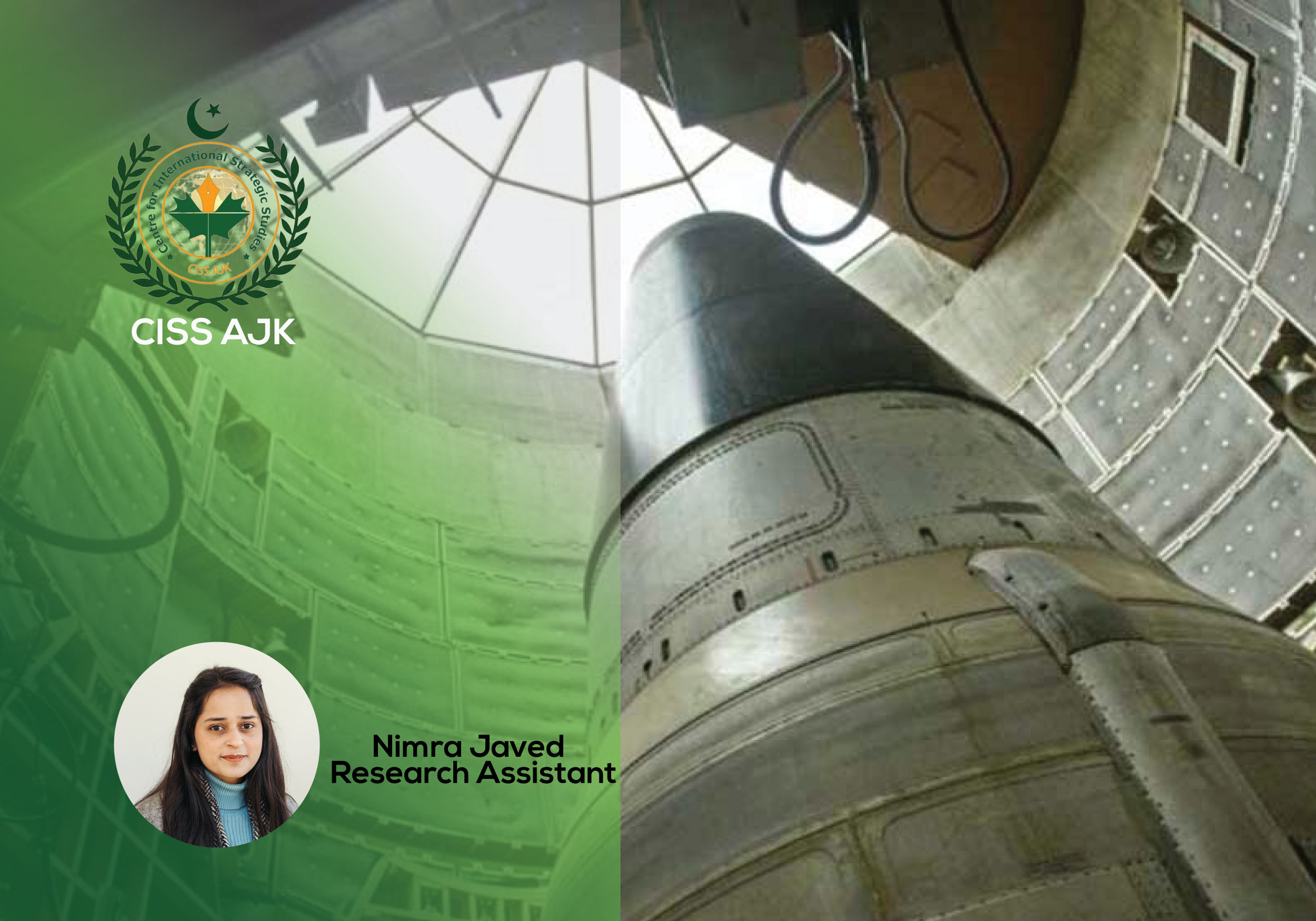Russia declined to conduct a technical meeting with the US on the New START Treaty. According to the US, Russia unilaterally withdrew from the meeting, while Russia inculpated the US toxic deportment reason behind the rescindment of the meeting. According to this treaty, each side will have 18 inspections per year by 2020, and the number of these inspections will exceed 300. The inspections of the procedures and protocols ceased after the pandemic, and the political environment was also frozen. The bellwethers of the implementing body of the treaty decided to resume the dialogue and commence working on the inspections again. For this purport, Bilateral Consultative Commission finalized the meetings to be held from 29 November to 6 December. The resumption of the onsite inspections was supposed to be the main agenda of the meeting, whereas the others matters would also be under consideration.
The nuclear arms reduction treaty was signed on 8 April 2010 and entered into force on 5 February 2011 between US and Russia. The New START Treaty minimized the nuclear force to 1550 accountable deployed nuclear weapons on 700 inter-continental ballistic missiles, ballistic missiles carrying submarines, and heavy bombers. This treaty did not circumscribe the structure of the strategic force. Furthermore, this treaty sanctioned them to keep 100 supplemental launchers in reserves. This step was taken to inhibit the capabilities to break out from treaty constrain. In 2007, the Four Horsemen: George Shultz, William Perry, Henry Kissinger, and Sam Nunn, inscribed an article in which they argued that after the Cessation of the Cold war, it was possible to achieve the vision of the world without nuclear weapons. They asked the US leadership to remain to get out cold the Cold War construct and face incipient threats after the disintegration of the Soviet Union.
This treaty is facing challenges because the world was fixated on non-conventional threats when it was signed. However, after the ascension of China and the Russia-Ukraine war, the nature of conventional threats has also taken center stage in the American policy circle. The New National security Strategy of the US, which was recently released in 2022, explicitly prioritized China. In addition, policymakers in Washington are limpidly fixating on China and calling it a new cold war. It signifies that cold constructs are back, and conventional challenges are back with the construct. Ergo, the future of arms control treaties between the US and Russia remains bleak.
During the Trump administration, the US withdrew from Open Skies Treaty. This treaty sanctioned both countries to conduct reconnaissance flights over each other territory to verify compliance and increment mutual trust. The US formally withdrew from the Intermediate-Range Nuclear Force treaty. During the Trump administration, they withal reluctant to negotiate with Russia on the New START treaty and sanctioned it to expire on its due date. They did not negotiate with Russia because China was not a component of this treaty, and it also sanctions Russia from pursuing other technologies. However, when Biden came to power, both states concurred in 2021 to extend the treaty for another five years (till 5 February 2026). The extension of the treaty further eliminated the concerns regarding the commencement of an incipient arms race for a short period. New Start Treaty is the only arms truncation treaty between the two states. However, this treaty seems insignificant because of the geopolitical tensions.
The Ukraine war was the first conflict after years in Europe. This conflict has plummeted the trust between Russia and the West. Moreover, Russia is inculpating the US for hybrid warfare against Russia. China is additionally modernizing its conventional and nuclear forces. Furthermore, India is additionally building its nuclear stockpile and has adopted an offensive nuclear posture. Recently, India additionally declined to sign the Comprehensive Nuclear Test Ban Treaty. It signifies that any arms control treaty between the US and Russia will not be sustainable in the long term.
Furthermore, the cruel environment between Russia and the west and geopolitical competition in China leaves no room for confidence-building measures among significant powers. Consequently, negotiating treaties among all these powers will be an arduous task. Consequently, it seems unlikely that the US and Russia will stay in the New START treaty for a long time. This will engender a hazardous arm race among countries.
Hence, the possible demise of this last treaty will not be good news for the countries such as Pakistan. The arms race between major powers is going to engender ripple effects all across the world. Because if the US and Russia increment their nuclear weapons, China will also intensify the development of these weapons. As a result, India will not leave behind; consequently, it will engender strategic instability in the South. Therefore, it is a desideratum of the hour to resume dialogue on the New Start Treaty and truncate geopolitical tension among countries. Otherwise, it will make the world an unsafe place to live.



